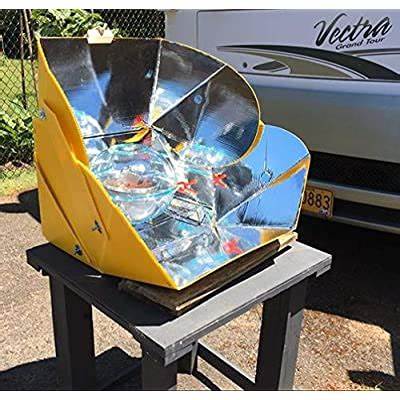Essential RV Fire Safety Tips: Protecting Your Home on Wheels
Recreational vehicles (RVs) offer the freedom to explore, but they also come with unique fire risks. According to the National Fire Protection Association (NFPA), nearly 2,000 RV fires occur annually in the U.S., often resulting in injuries, fatalities, and significant property damage . Whether you’re a seasoned traveler or new to RVing, understanding and implementing fire safety measures is crucial.NFPANational Park Service
🔥 Common Causes of RV Fires
Understanding potential fire hazards is the first step toward prevention:
-
Propane Leaks: Propane powers many RV appliances, but leaks can lead to explosions or fires.U.S. Fire Administration
-
Electrical Issues: Overloaded circuits, faulty wiring, or malfunctioning appliances can ignite fires.Wikipedia+5Port of Seattle+5First Alert+5
-
Cooking Accidents: Unattended stoves or grills are common culprits.
-
Heating Devices: Improper use of space heaters or fireplaces can be dangerous.CT Insider
-
Generator Exhaust: Poorly ventilated generator fumes can cause fires or carbon monoxide poisoning.Texas Department of Insurance+5U.S. Fire Administration+5Foremost Insurance Group+5
✅ Top RV Fire Safety Tips
-
Memorize Campground Details: Always know your campground’s name and your specific site number. In emergencies, this information aids first responders in locating you quickly .CT Insider+4Thor Industries+4Foremost Insurance Group+4
-
Annual Propane System Checks: Have a professional inspect your propane system yearly to detect leaks or damages .
-
Conduct Fire Drills: Regularly practice evacuation plans with all RV occupants to ensure everyone knows how to exit safely .CT Insider+2Thor Industries+2Reddit+2
-
Use “Pet Inside” Stickers: Place these on your RV doors to alert rescuers about pets inside during emergencies .
-
Cautious Use of Electric Heaters: Opt for heaters with automatic shut-off features and avoid placing them near flammable materials .
-
Avoid High-Wattage Appliances: Using low-wattage devices, like hair dryers, reduces the risk of overloading circuits .First Alert
-
Choose Flameless Candles: Battery-operated candles provide ambiance without fire risks .CRR Hospitality
-
Maintain Fire Extinguishers: Keep at least one accessible fire extinguisher in your RV and ensure everyone knows how to use it .U.S. Fire Administration+8KOA+8CRR Hospitality+8
-
Regularly Test Smoke Alarms: Test monthly and replace batteries as needed. Replace units every 10 years .Thor Industries
-
Install and Check CO Detectors: Carbon monoxide is odorless and deadly. Ensure detectors are functional and placed appropriately .
🧯 Emergency Preparedness
-
Know Emergency Exits: Familiarize yourself with all exits and ensure they are unobstructed.
-
Keep Emergency Numbers Handy: Post contact information for local emergency services, nearby hospitals, and poison control centers.
-
Stay Informed: Monitor weather conditions and fire bans in your area, especially when camping in wildfire-prone regions.
By proactively addressing fire risks and preparing for emergencies, you can enjoy your RV adventures with greater peace of mind. Remember, safety is a journey, not a destination.




